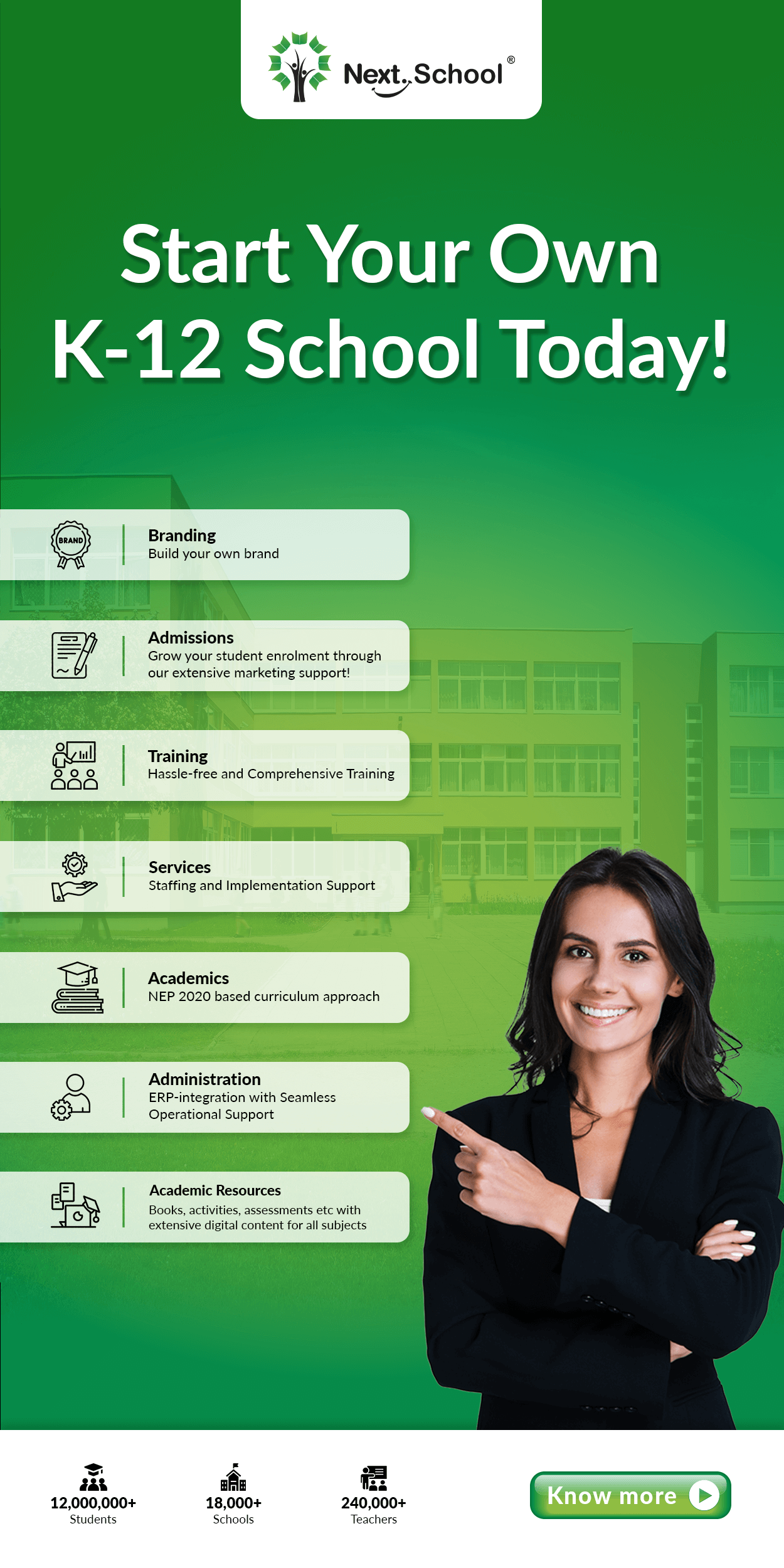Role of Communication in 21st Century Education

Transformation and disruption are two terms that hold the potential to encapsulate our education system in the last two decades and thus, I would be remiss to not adopt them as benchmarks to examine the system. While the word ‘transformation’ sounds promising in the educational context, the phrase ‘disruptive education’ comes across as both counterproductive and problematic. However, disruption here signifies our effort to reflect and re-evaluate our approach to pedagogy and curricula.
If education, in its most functional form, is to be understood as a process that prepares younger generations for their respective workplaces, then it is inevitable for modern educational systems to incorporate communication discipline as a part of the integrated learning approach.
Communication skills are essential for the social and instructional process of education. Communication begins with the expression of information and continues until it is interpreted correctly and conveys the desired meaning. Practices and platforms such as integrated learning should make way for a more holistic learning experience and aid in the development of 21st century skills coupled with practical applications to enable students to learn and grasp the concept faster. Communication, therefore, is not only a medium to empower students to think critically and communicate effectively but also a fundamental aim of the modern educational system.
A framework for 21st century skills
Formative education in India today focuses on students’ ability to excel in the sciences and mathematics while often relegating the languages, arts, humanities and social sciences to subjects that need to be endured. Generations of students have been repeatedly told that pursuing subjects that are not market-driven is not viable and the overall perception of these subjects ranges from the lackadaisical to the extraneous. It is essential to understand the importance of an interactive learning environment. However, things aren’t so binary anymore; increasing computational ability combined with automated systems that can perform entry-level analysis and data crunching will bring about a radical change in the way institutions are run. To put it simply, people will be required to be more human than machine-like.
In this era of the knowledge economy where knowledge generation will not be a challenge, the need to properly assimilate the information to students is a crucial task. The challenge for integrated learning systems then is to allow users to engage at significantly deeper levels as nuance and specialisation will replace the masses and the superficial. In such a scenario, communication will become the hub that connects the sciences with the humanities and the social sciences – a metaphorical crossroad that will facilitate both the interspersion as well as the formulation of newer perspectives to examine the existing ones. Thus, remaining in the workforce will require people to be excellent communicators.
Modern teaching paradigms have shifted from the perspective of pragmatic rhetoric towards encouraging inquiry-based pedagogy, thereby promoting critical thinking skills. When facts and ideas are discussed and presented differently by each student, bidirectional communication will take place and facilitate better communication and acquisition of knowledge.
The challenge for 21st century educators is to find ways to disrupt the way communication and languages are taught today. In my current role at an institution of higher learning, I have found some of the finest minds lacking the ability to communicate.
Communication is not merely the act of talking, writing or making an impression but something that governs the very way in which one thinks, structures an argument, approaches a situation and consequently develops the ability to find coherence in the result. This overarching role needs to be understood as we hand over to the next generation an increasingly automated world where most things will be executed with just a few taps of the finger.
It is the need of the hour to focus on making the 21st century education system more human-like and interactive. In this regard, an educational system that draws from communication to interface with the social sciences and humanities seems the right way forward.

